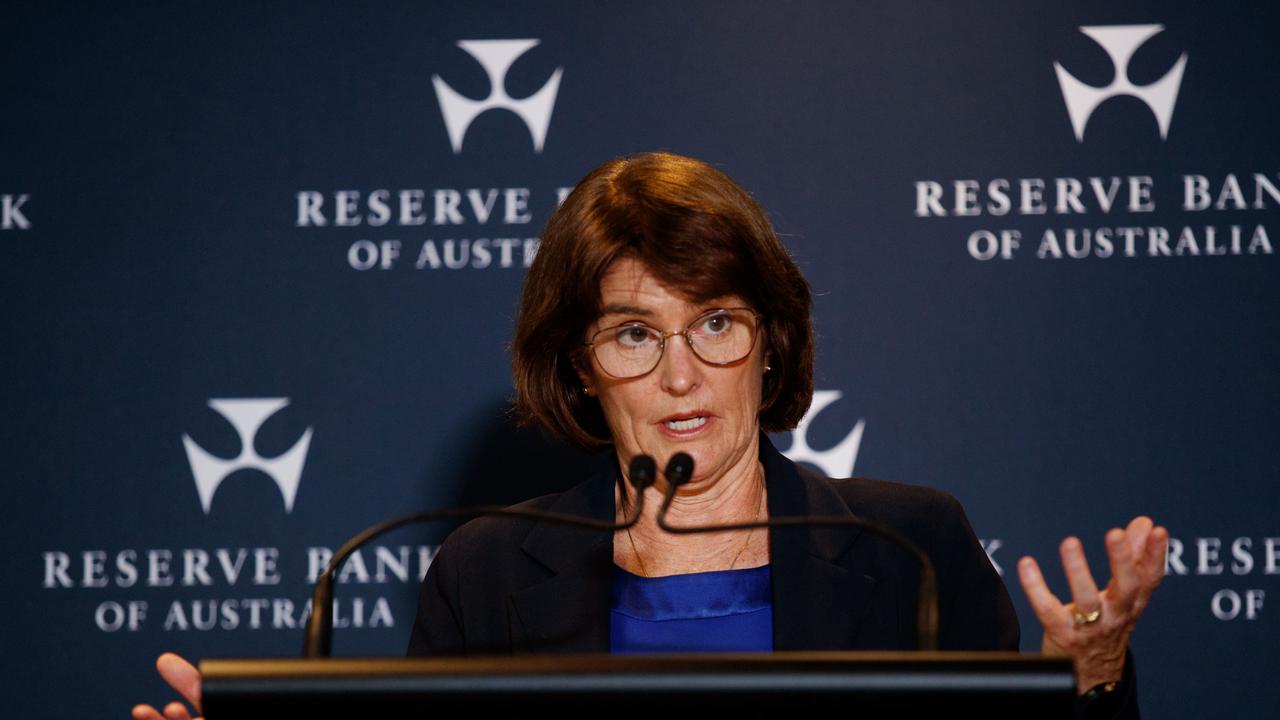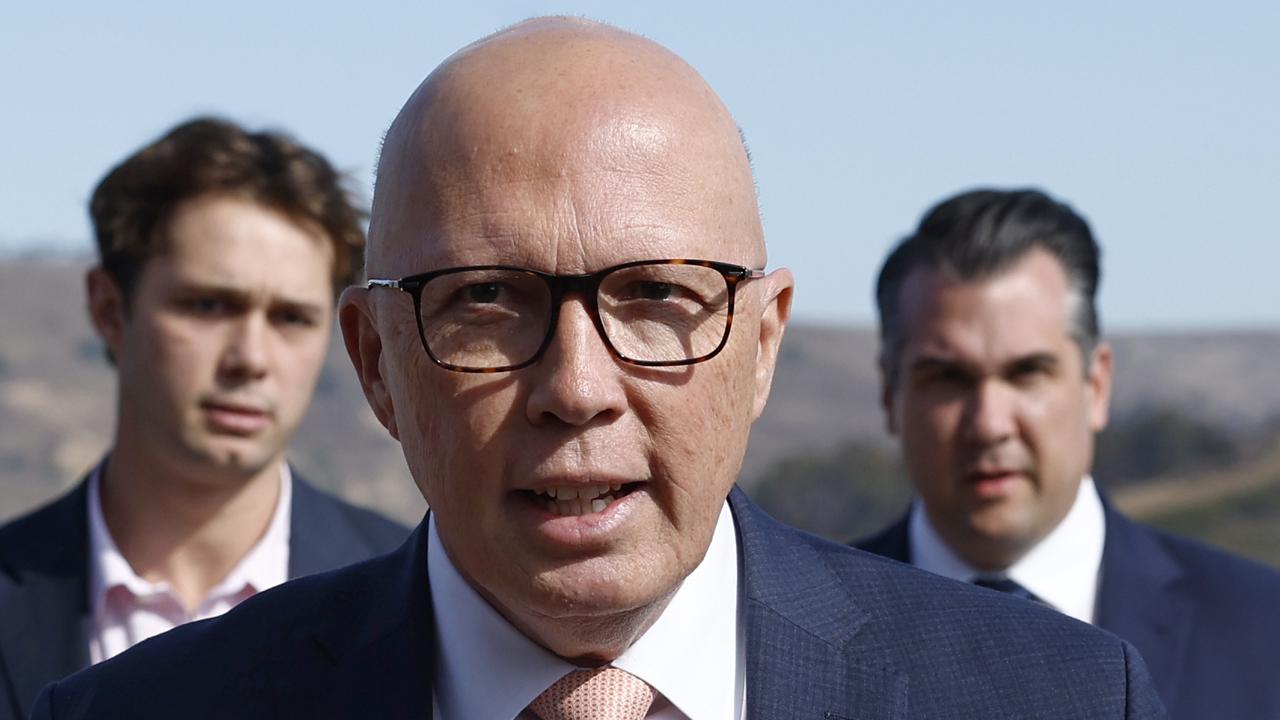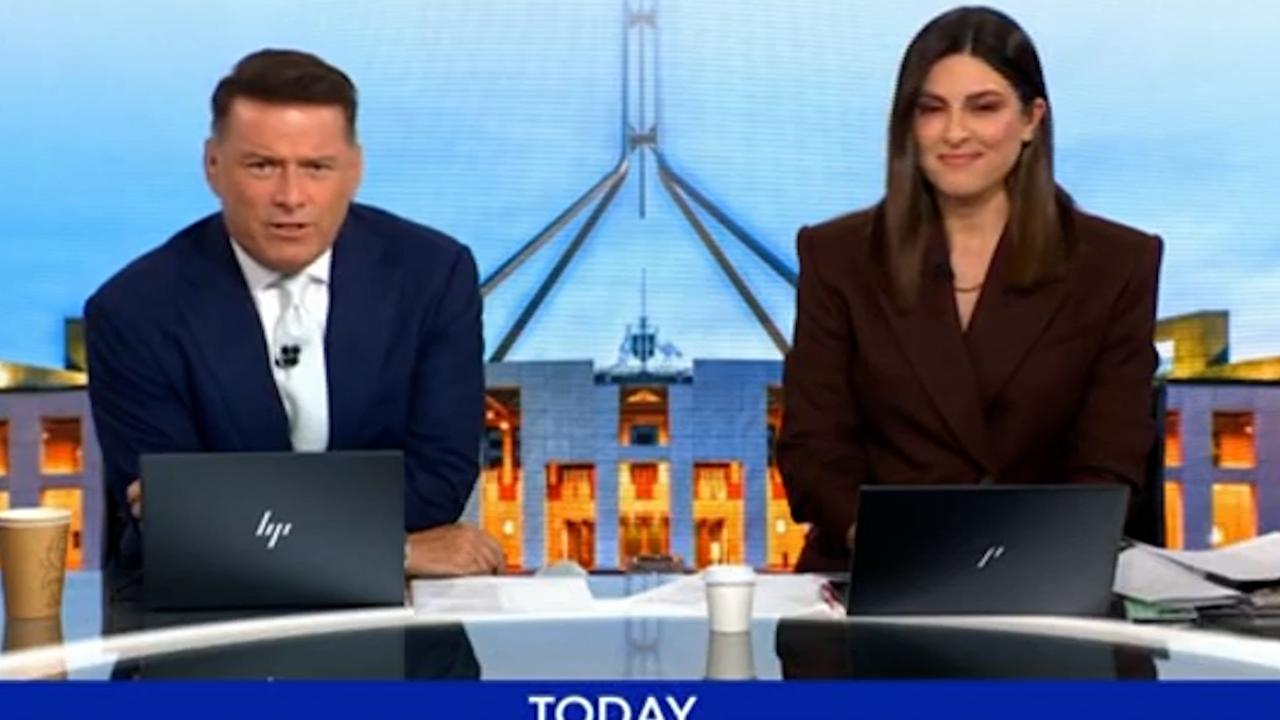China’s ‘rare’ campaign to temper soaring commodities prices hits iron ore
Chinese media is boasting the Asian superpower has driven commodity prices down, leaving Australian iron ore exports ‘hit hard’.
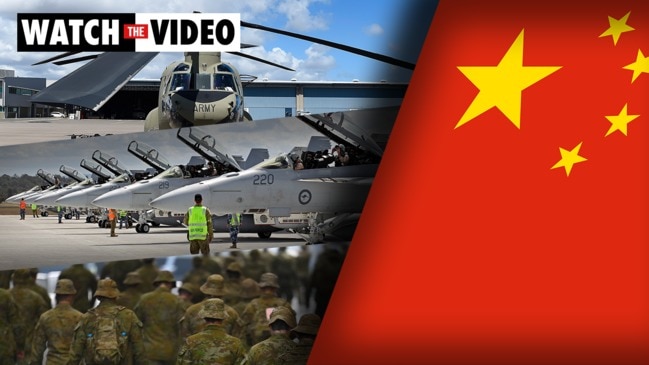
China continues to flex its might, threatening severe punishment for “excessive speculation” on commodities as it attempts to quell soaring prices, seemingly causing iron ore prices to tumble.
Communist party mouthpiece the Global Times reports that key companies and associations in Chinese commodity markets, including steel, were “collectively summoned” on Sunday for interviews with government departments over dramatic price rises since the beginning of this year.
Citing a National Development and Reform Commission statement, the publication said the rise had been attributed to market speculation as well as an overall surge in commodity prices in the global market.
“Government regulators will closely monitor the prices of commodities and have zero tolerance to irregular trading or price gouging,” the statement reportedly read.
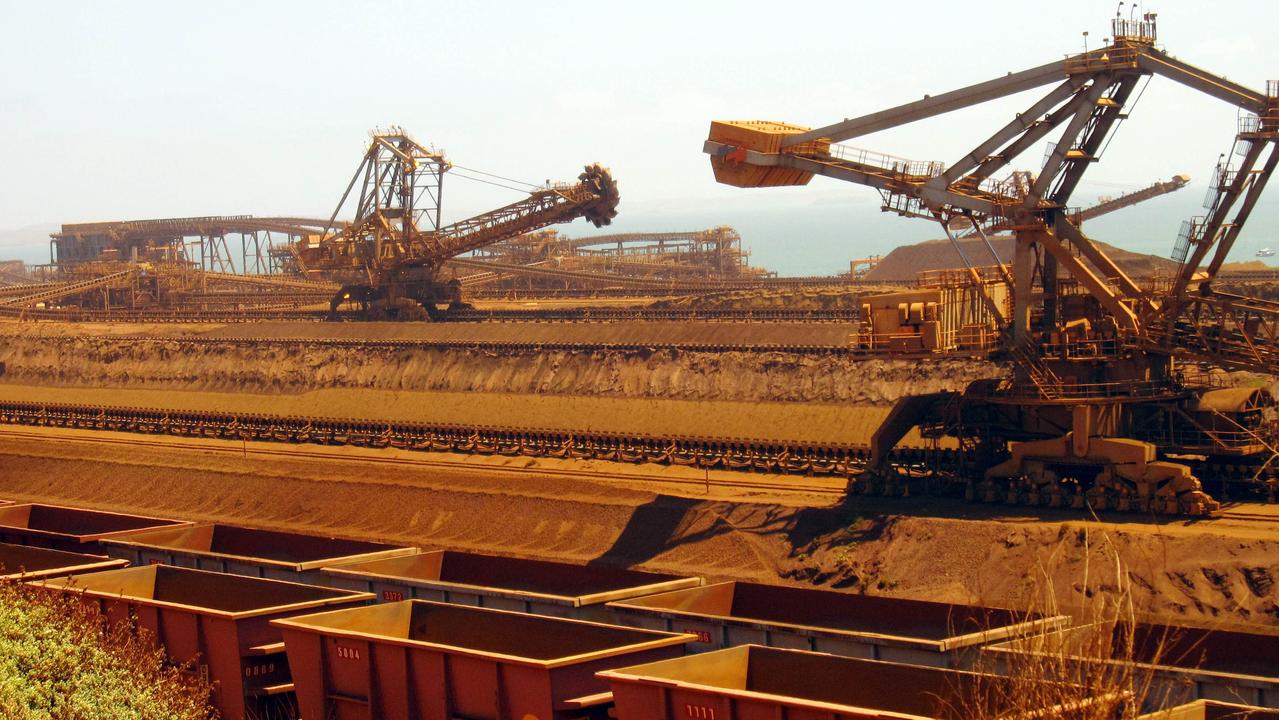
Another Global Times report headlined “China sends global commodity prices down; Australian iron ore exports hit hard” described the weekend interviews as a “rare step” and an intensification of a “top-down campaign to rein in runaway prices” that threatened “to derail China’s hard-fought economic recovery from the COVID-19 pandemic”.
“Australia’s days of ‘profiteering’ may be marked,” the article read.
Meanwhile, the South China Morning Post reports the nation’s top financial regulator has called for a “full assessment” of financial threats facing the country, with rising commodity prices one of the factors adding to unease in Beijing.
Westpac Institutional Bank head of financial market strategy Robert Rennie weighed in, posting tweets that he sees no evidence of price manipulation in China’s iron ore and steel futures markets.
1/5 Happy to debate, but I am not sure that there are too many signs of "excessive speculation" in Chinese #IronOre and #steel futures markets. Aggregate iron ore and steel futures volumes are much closer to multi-year lows, and nowhere near historic highs. pic.twitter.com/srzNrd35sW
— Robert Rennie (@Robert__Rennie) May 24, 2021
Iron ore prices climbed to record highs of more than $US230 a tonne earlier this month amid strong demand from China as its Covid-19 stimulus program drives major infrastructure builds.
But Bloomberg data cited by CommSec shows spot iron ore has plunged to $US188.25.
Ord Minnett analysts suggest the fundamentals for the steelmaking commodity remain strong for the next five years, however, until the massive Rio Tinto majority-owned Simandou project in western Africa is brought to market.
“We agree an iron ore price above US$200/t doesn’t look sustainable in the medium term,” they wrote.
“However, we can’t fault the demand outlook at the moment and supply remains sluggish.”
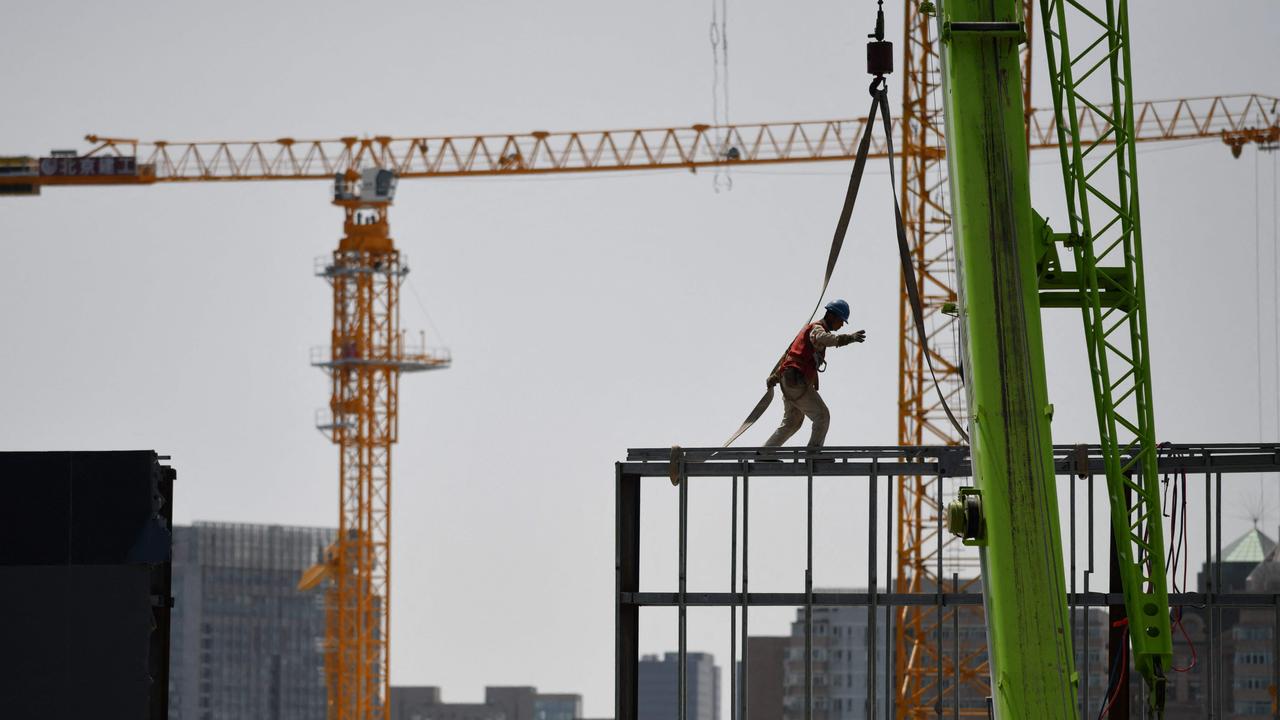
The moves by China come as trade tensions with Australia show no sign of easing, seemingly triggered by Australia banning Huawei from the 5G rollout in 2018 and exacerbated by it joining international calls last year for an inquiry into the origins of Covid-19.
However, Australian exporters have been finding different markets in response to China’s punitive tariffs and bans on products, including coal, wine and barley.
Preliminary Australian Bureau of Statistics data released on Tuesday showed a trade surplus of $10.1bn – the third highest on record – partly thanks to a jump in thermal coal exports to India.
“Australian coal exports to India have been steadily rising since mid-2020, following a substantial reduction in Chinese demand for Australian coal,” ABS head of international statistics Andrew Tomadini said.
“Following strong exports in March 2021, metalliferous ores increased another 1 per cent in April 2021 to record a historic high of $16.5bn, driving record high exports.”


